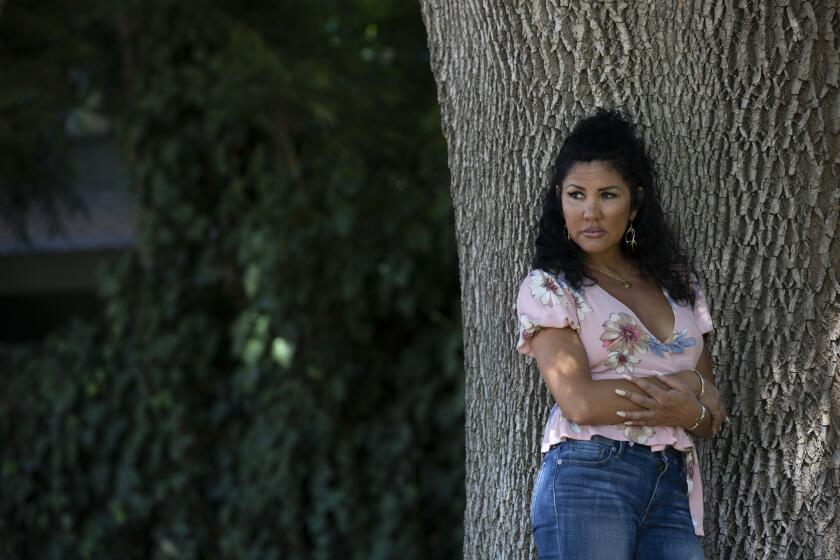Column: Sobriety a struggle in time of isolation for former boxer Mia St. John
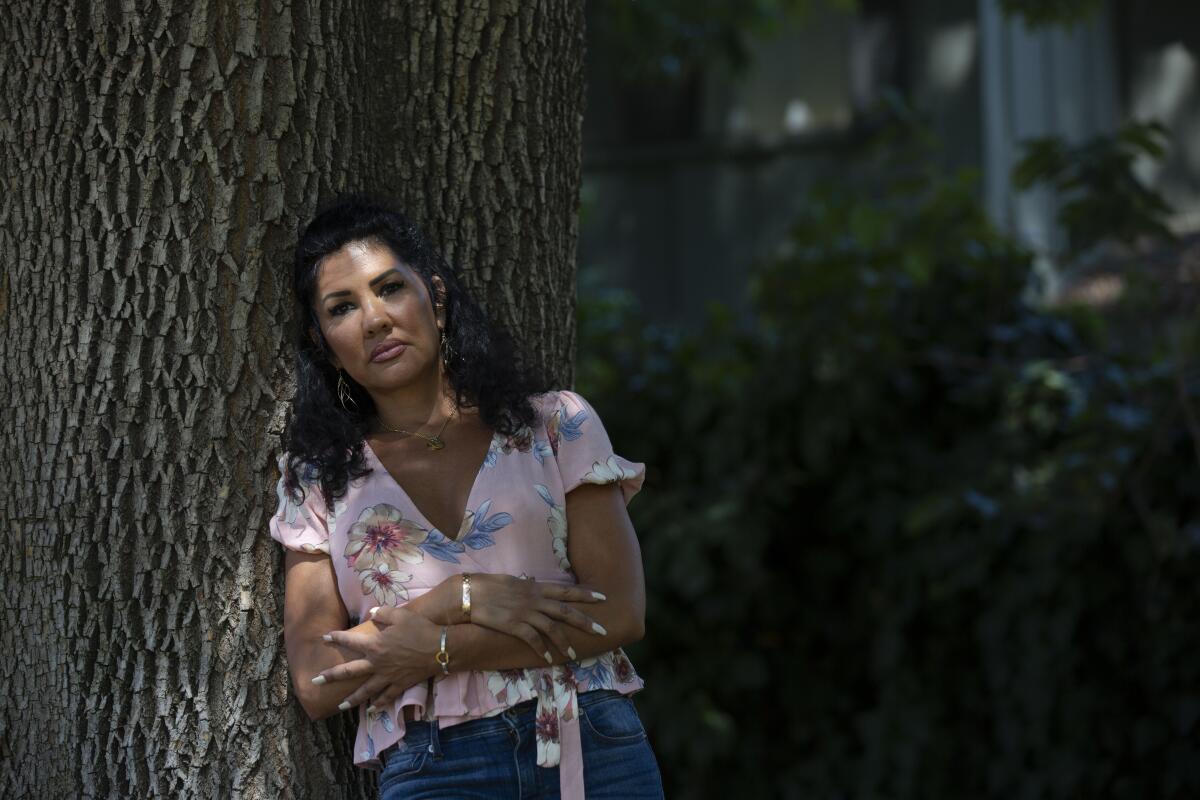
- Share via
Mia St. John sighed as she searched for the words to describe the despair she felt on the day of her relapse.
“There was such, I don’t know, just like a sense of isolation,” she said.
The 52-year-old former boxer had driven to one Alcoholics Anonymous meeting, then another, only to find neither was in session.
Her next stop was a grocery store, where she purchased a bottle of wine.
“And that was that,” St. John said. “I was gone from there.”
When she regained consciousness, she was in the driver’s seat of her car, parked in the garage of her condominium complex in Marina del Rey.
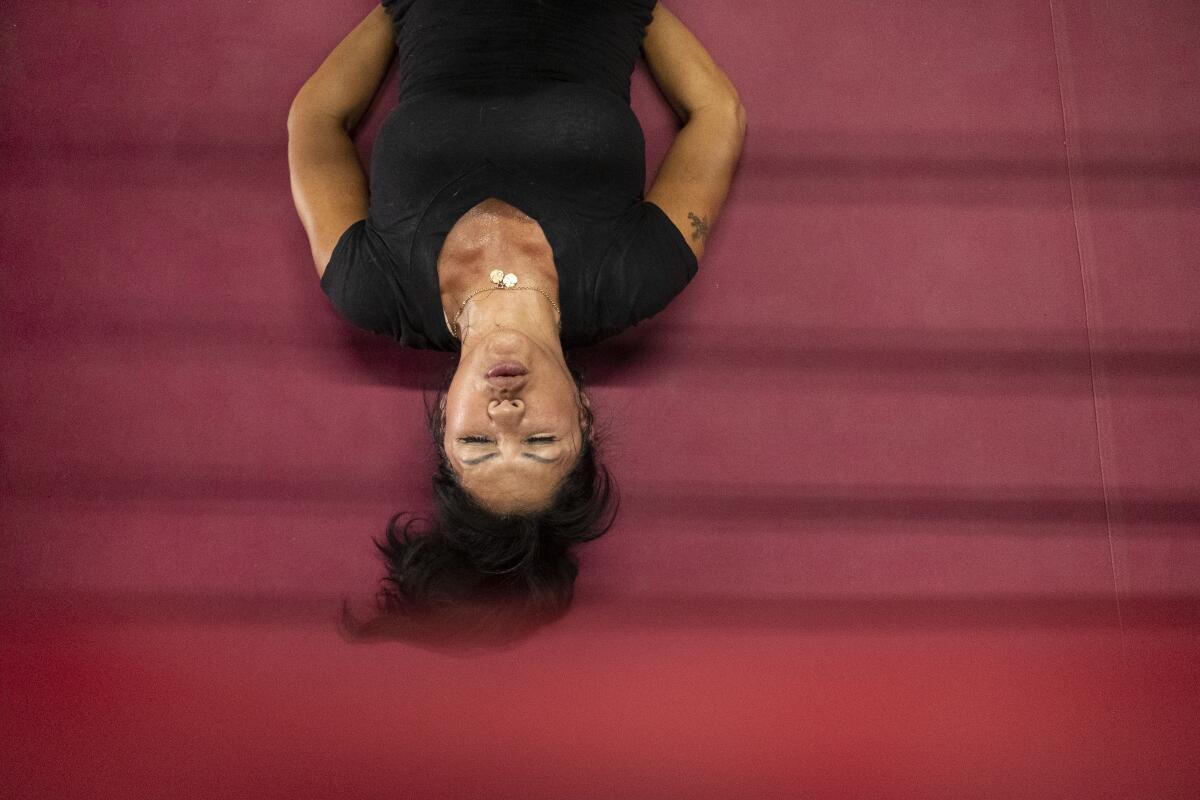
The episode frightened her. She has abstained from drinking in the week or so since.
“But,” she said, “it’s difficult.”
The problem she encountered when she relapsed remains a major source of anxiety. A county order has prohibited public gatherings and AA isn’t exempt. The ban frustrates St. John, who typically attended six meetings a week and has found online alternatives to be too impersonal.
“They say food’s essential,” St. John said. “Well, so are my meetings.”
She vented on Twitter, wondering how Los Angeles Mayor Eric Garcetti could allow restaurants and bars to deliver alcohol but not permit AA groups to meet.
“… gotta keep the alcohol industry going!!” she wrote, emphasizing her point by adding five icons of bags with dollar signs on them.
St. John said she hoped Garcetti would read the message and grant recovery groups permission to meet.
She now has an idea she thinks would satisfy both her and the mayor, taking inspiration from how some supermarkets have placed strips of tape on the floor six feet apart to help customers maintain a safe distance from one another.
“Why couldn’t they do that in an AA meeting?” she asked.
There was a time St. John was one of the most famous boxers in the world. Her nickname, “The Knockout,” had a double meaning: She was a former model who stopped five of her first six opponents.
“I need to go to my meetings every single day. ... And the fact that I don’t have that anymore, it’s been really difficult.”
— Mia St John
Along with Eric “Butterbean” Esch, she regularly appeared on the undercards of pay-per-view boxing shows in the late 1990s and early 2000s, including some headlined by Oscar de la Hoya. She was considered something of a novelty act, but was skilled and resilient enough to win multiple world championships. When she was 38, she lasted 10 rounds against a 24-year-old Holly Holm, who went on to become a UFC champion.
The success masked St. John’s demons.
St. John said she was about 10 when she sneaked into her father’s liquor cabinet and had her first drink. She attended her first AA meeting at 12. She was in recovery before her 21st birthday.
St. John attended AA meetings throughout her 65-fight career, which ended in 2016.
She endured tragedy in recent years.
Can hospitals actually stop people from dying by suicide? Experts say yes
Her 24-year-old son died by suicide in November 2014. Her world crashed again in February 2019, when her ex-husband, Kristoff St. John, died.
Kristoff, an Emmy Award-winning actor on the soap opera “The Young and the Restless,” blamed himself for the death of their son, who suffered from schizophrenia and drank himself to death, Mia said.
Mia had her first drink in 30 years after Kristoff’s death, she said.
St. John described the 14 months since then as “a struggle.”
“I need to go to my meetings every single day,” she said. “This is something that I have to do because I have to force myself to get out there and to interact with other alcoholics and to share and to talk about it. It’s a necessity for me. And the fact that I don’t have that anymore, it’s been really difficult.”
Many recovery groups have moved online and have encouraged their members to attend meetings via the internet. St. John tried attending a couple of virtual sessions.
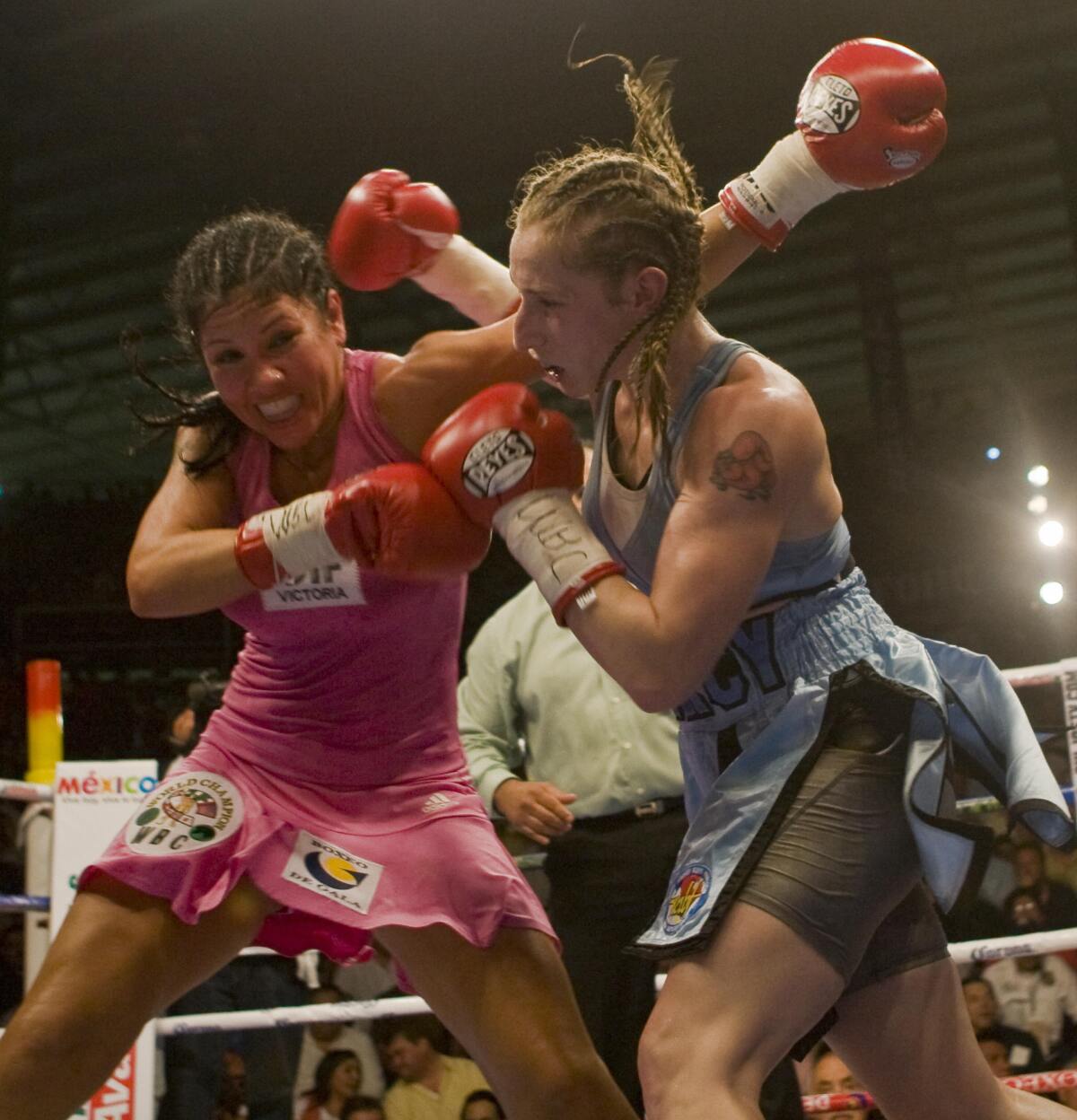
“The ones I’ve seen that are posted, you go on there and it’s Zoom or Skype and there are hundreds of other people on there,” she said. “It’s just not the same.”
St. John’s reaction is understandable, said Leslie Gold, the founder of Strides in Recovery, a nonprofit organization that uses running to assist recovering addicts.
Gold recited a line made famous by writer Johann Hari: “The opposite of addiction isn’t sobriety; it is connection.”
Gold, who doesn’t know St. John, explained that addicts often isolate themselves, first to hide their substance abuse and later out of shame. In recovery groups, Gold said, “They all get it.”
“They have this chemistry and they start to feel better,” Gold said.
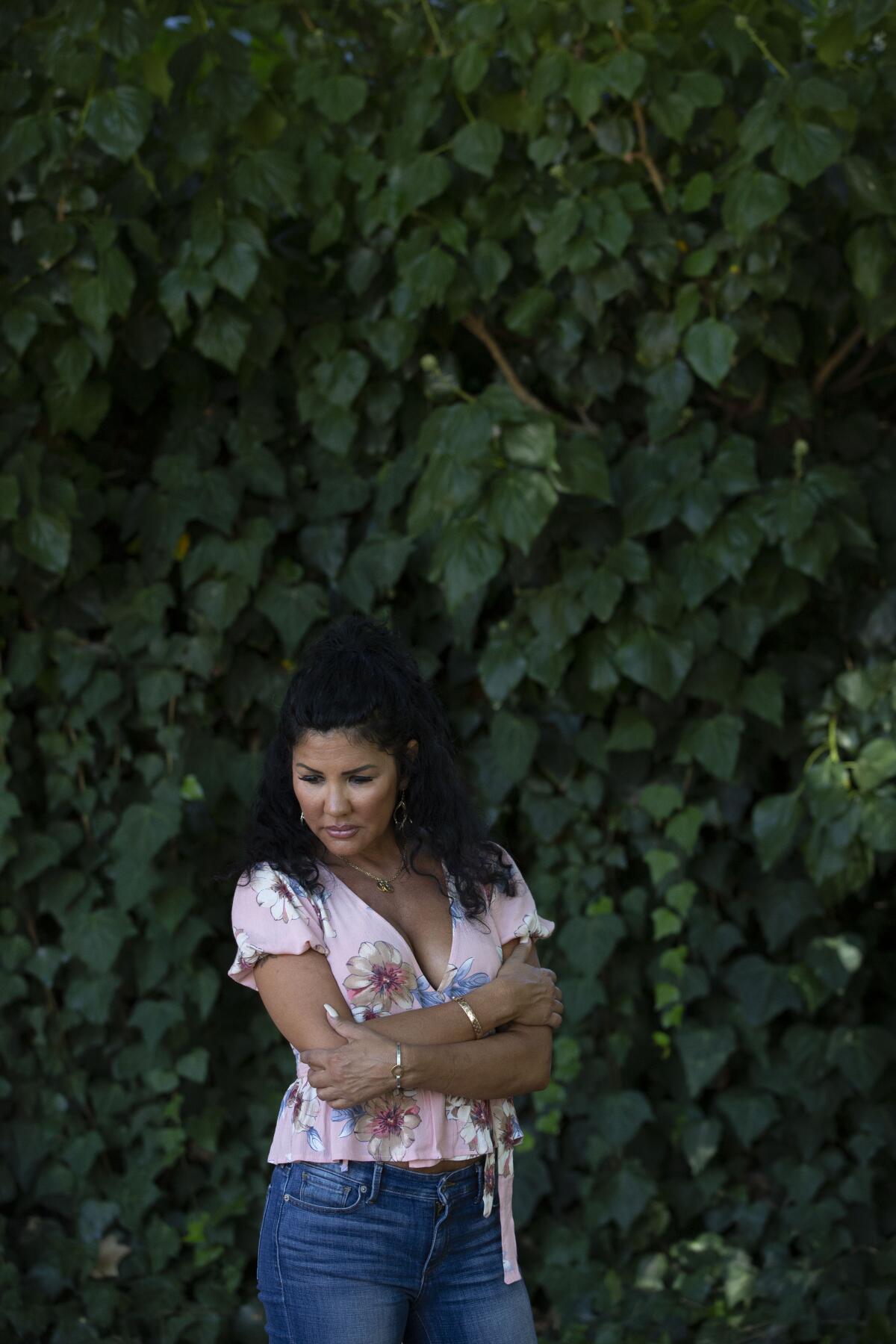
Uplifting words from another group member can do wonders for someone thinking of quitting a recovery program.
Which is why Gold urges people in recovery to maintain established social links. In her own case, Gold has started posting regularly on her group’s Facebook page. She said friends could plan walks or runs in different places at the same time and communicate on the phone while they exercise.
St. John is already doing some of that. What she called her “self-medication” program consists these days of meditating, running and speaking to friends on the phone. Her 27-year-old daughter, with whom she lives, is a source of strength.
But St. John is also concerned about her students at Step Up on Second, an organization that serves people afflicted by mental illness and homelessness. St. John started teaching a boxing fitness class after the death of her son, who was homeless at times. She said the overwhelming majority of the people she instructs are addicts.
“A lot of my homeless students do not have access to the internet or cellphones,” St. John said. “So how are they supposed to do these online meetings?”
Ray Leonard, another boxing champion who is an AA member, spoke about the dilemma on a video he recently posted on Instagram. While saying he supported Garcetti’s coronavirus-related measures, he acknowledged the challenge faced by alcoholics.
“I want to sincerely encourage you to continue with your groups,” Leonard said. “Stay in contact. I’m fighting with you. No, no, we’re fighting together.”
St. John also opted for a positive message, uploading a picture of herself on a run to her Twitter account.
“Back to running!” she wrote.
After listing some alcohol-related statistics, she wrote, “Choose #Sobriety Choose LIFE.”
There were four emojis at the end of the tweet, four sets of hands placed firmly together in prayer.
More to Read
Go beyond the scoreboard
Get the latest on L.A.'s teams in the daily Sports Report newsletter.
You may occasionally receive promotional content from the Los Angeles Times.

